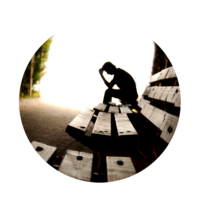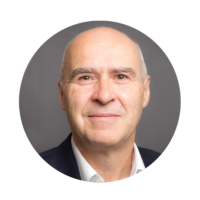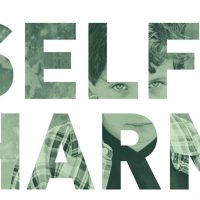Search results
-

Self-harm and Suicide
Worldwide, 10-20% of young people report having self-harmed at least once before the age of 18, and self-harm is one of the strongest risk factors for completed suicide. Suicide is the 2nd leading cause of death for young people globally, and therefore predictors such as self-harm are of great importance.
Read more -

2019 Judy Dunn National Conference ‘Suicide and self-harm in young people’ – Prof. Christian Schmahl
The 2019 Judy Dunn Conference focused on ‘Suicide and self-harm in young people’. Prof. Christian Schmahl on the ‘Neurobiology of self-harm in BPD’. ACAMH members can now receive a CPD certificate for watching this recorded lecture. Simply email membership@acamh.org with the day and time you watch it, so we can check the analytics, and we’ll email you your certificate.
Read more -

In Conversation… Suicide and Self-harm with Dr Abigail Russell
Abigail discusses her paper on inflammation and self-harm, its findings and implications moving forward. As well as the cohort study (ALSPAC), to school interventions and creating change through national dialogue.
Read more -

Inflammation does not mediate an adverse childhood experience– self-harm risk association
Inflammation has been proposed to be a candidate mechanism contributing to the association between exposure to adverse childhood experiences (ACEs) and the risk of self-harm. In the first study of its kind, researchers in the UK have now directly studied whether inflammatory processes do indeed mediate this association.
Read more -

Suicide and Self-harm National Conference
Dr. Dennis Ougrin explains more about his session at our National Conference on Suicide and Self Harm.
Read more -

Biological explanations of links between childhood adversity and later self-harm: a focus on inflammation – Dr. Abigail Russell
Dr. Abigail Russell at the launch of the JCPP Special issue 2019 – Suicide and self-harm. Abby looks at ‘Biological explanations of links between childhood adversity and later self-harm: a focus on inflammation’
Read more -

In Conversation… Suicide and Self-harm with Professor David Cottrell
David discusses school-based interventions, recent studies on prevention/intervention and (SHIFT), a large multi-centre randomised controlled trial, investigating systemic family therapy following teenage self-harm.
Read more -

How to reduce self-harm in young people – Professor David Cottrell
Professor David Cottrell at the launch of the JCPP Special issue 2019 – Suicide and self-harm. David looks at ‘How to reduce self-harm in young people – Challenges for future research’
Read more -

Self-Harm: The Parent’s View
Though it is not always openly discussed, the impact self-harm has on the individual and their family, can be very distressing. For someone to recover from ‘rock-bottom’ requires support, with family being an obvious source. It makes sense that the pillars of this support system, parents in most cases, feel equipped to support their child in recovering from such an experience. Saying this, there is little research on parents’ perspective of care following self-harm.
Read more -

Online self-harm content might provide peer support to young people
Youth today find themselves living in an era of social media, with easy access to a wide range of social networking sites. Unfortunately, emerging evidence suggests that some social technologies might cause more harm than good to some young people’s mental health.1,2
Read more